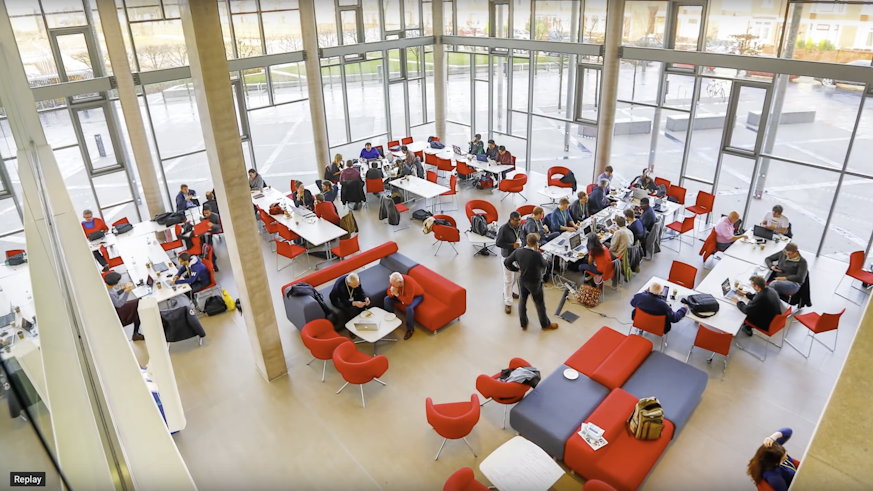Appointments – Dementia Research Opportunities
6 July 2017

We are looking to recruit exceptional scientists from around the world - Join the team on this journey of discovery to beat dementia
We are looking to recruit up to 13 exceptional scientists from around the world to help shape and deliver the future vision of the UK DRI at Cardiff. A range of opportunities are available for individuals from both inside and outside dementia research. Positions include professorial, senior scientist, early career researcher, post-doctoral and support roles – leading and supporting research programmes worth up to £3m per programme. If you would like to join us on this journey we can offer you excellent benefits, a great working environment, and an opportunity to be part of something that really will make a difference to people’s lives.
Join the team on this journey of discovery to beat dementia

As one of six UK centres, the new research centre in Wales will be a significant section of the newly launched UK Dementia Research Institute (UK DRI) - a £250m initiative, funded by the Medical Research Council, Alzheimer’s Society and Alzheimer’s Research UK, to find new ways to diagnose, treat, prevent and care for people with dementia.
Located in the Hadyn Ellis building on the Innovation campus, the UK DRI at Cardiff University is set to become the biggest investment Wales has ever received for scientific study into dementia.
Cardiff University have discovered over 27 risk genes for dementia which implicate the innate immune response in determining a person’s susceptibility to developing Alzheimer’s disease. Building on this worldclass expertise in genetics and immunology, the UK DRI at Cardiff University will use these discoveries as the starting point for understanding disease mechanisms and producing new therapies. Key science areas at Cardiff University include: Disease mechanisms building on genetic evidence including; risk profiles; pathways and networks associated with Alzheimer’s disease, Huntington(s) diseases and other dementias; specific focus will be on immunity, lipid processing, endocytosis, DNA repair mechanisms and ApoE.
